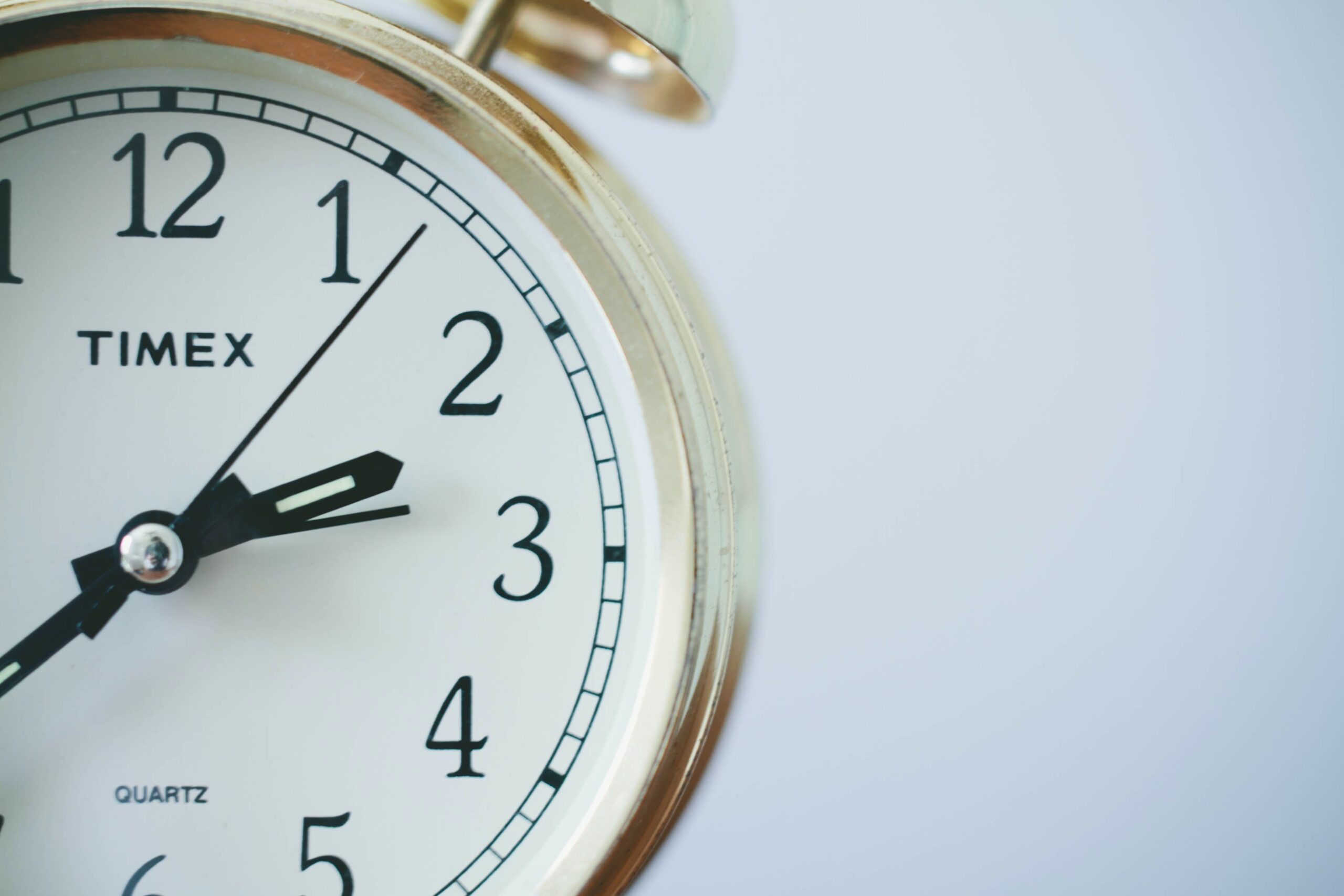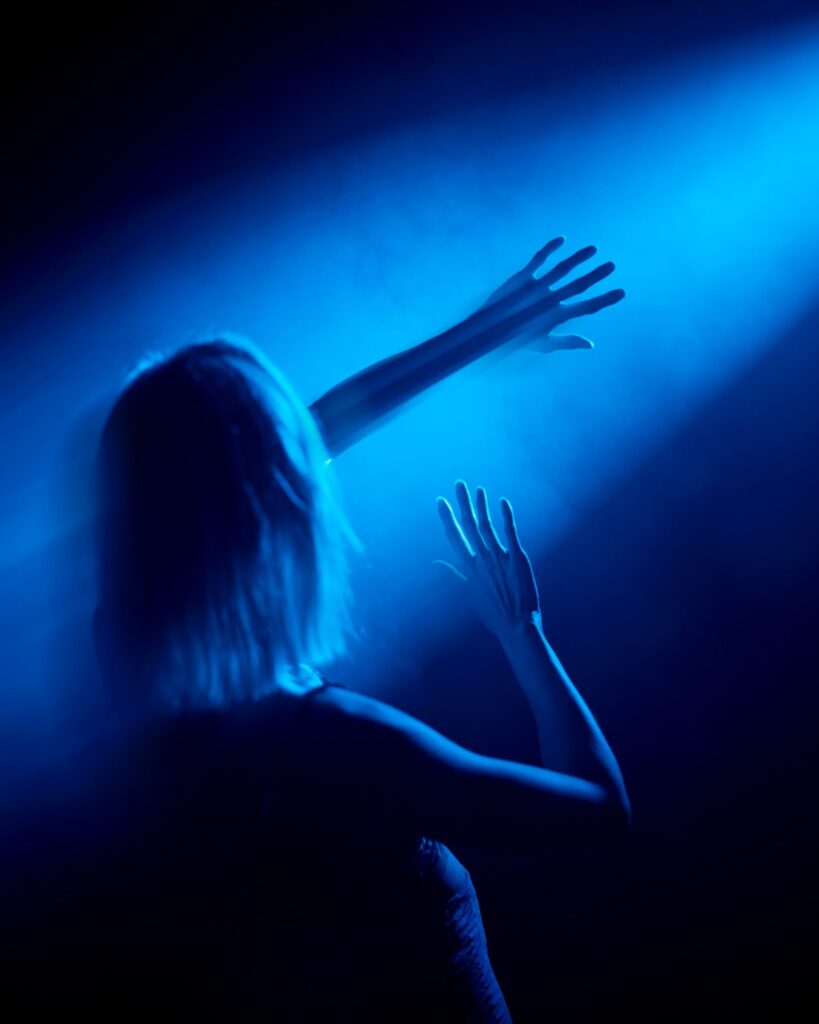If you’re reading this article, chances are that you are not sleeping well. Why? One answer might be too much blue light. Blue light is the most powerful and pervasive form of artificial light found in today’s society. It can disrupt our natural circadian rhythms by suppressing melatonin production, which makes it hard to fall asleep at night and wake up refreshed during the day. So why should we care about blue light? Well, for starters, lack of sleep has been linked to weight gain as well as other health problems, such as heart disease and diabetes. Not only that, but too much exposure to blue lights also increases risk of certain types of cancers!
Thankfully there are ways to reduce your daily exposure to blue lights without making any drastic changes to your life.
What is Blue Light?
Blue light is a type of high-energy visible light that can disrupt your sleep cycle. Although it is a natural part of the environment, and it can be helpful for mood regulation and sleep quality, modern electronics emit much more blue light than nature because they use LED or FNOLEDs. These kinds of lights have relatively high frequencies, which means you’ll see not only lots of white where you’re looking but also blue in peripheral vision! Some experts argue that this factor alone makes electronic displays potentially harmful compared to reading from books or other low-energy consuming media devices.
The amount that blue light bothers us really depends on how much time we spend staring at an electronically lit screen each day, especially outside during daylight hours. Kids are particularly sensitive to blue light at night, especially if they spend hours gaming.
How to Counteract the Effects of Blue Light on Sleep
Find your sleep routine. The more regular and calming your bedtime is, the better! I turn the TV off by 10 at the latest, wash my face, brush my teeth, take my night time supplements and take the dogs out to potty every night on the same schedule.
Avoid looking at screens before bed. One of the best ways to combat blue light’s effects on sleep is by cutting off all electronics well before you crawl into bed for the night but this doesn’t mean they should be banned from your life completely! It’s worth finding a balance that works for you as different people have different needs when it comes to technology, screen time, and sleep. Try the screen blockers if you like to watch netflix at night on your tablet. Or I like to read books electronically on the night mode.

Regulate your screen time to 3~4 hours from any electronic device in particular with artificial brightness or high color contrast before 10pm, which will help with getting enough melatonin production and a restful night.
What Blue Light Does to the Brain
Blue light tends to stimulate levels of a hormone known as cortisol. At dawn, our natural release of the hormone melatonin gets suppressed a few hours early by our exposure to more ambient sources of bright artificial lighting during the night time hours.
Actually, it’s also worth noting that some studies have suggested that several types of infrared radiation from many sources including LEDs could contribute towards eye diseases like macular degeneration and cataracts.
How to Reduce the Amount of Blue Light in Your Home or Office
- Blue light blocking glasses are a great way to cut down on exposure to this type of light.
- The best ways to block out blue light from your computer screen are by using a program or downloading an app that changes the color temperature of your screen, or purchasing a filter for your monitor.
- Other options for cutting down on exposure include using low-blue-light bulbs when possible and wearing yellow tinted eyeglasses during the day.
- Studies have shown that people who work night shifts can benefit from wearing sunglasses with UV protection during their commute home in order to avoid eye strain caused by prolonged exposure to bright sunlight as they travel.
BozaBoza makes a variety of blue blocking screen filters for tablets and computers if you don’t want to wear blue blocking glasses around the house at night. They are available on Amazon. Also search Amazon for blue blocking glasses like Livho Blue Blocking glasses, M’S’s blue blocking glasses or if you already have glasses, you can purchase clip on blue blockers such as GameKing Ultra Blue Blocker Clip on Glasses.
In Summary
Natural blue light from being outdoors can be a good thing. Too much artificial blue light, on the other hand, can negatively affect your sleep and subsequently your daytime alertness. It’s also been linked to certain diseases so it’s a serious health concern. Fortunately, there are things you can do and products on the market to help you control the amount of blue light to which you’re exposed each day. Do you think this is a problem for you? What, if anything, do you plan to do about it?

